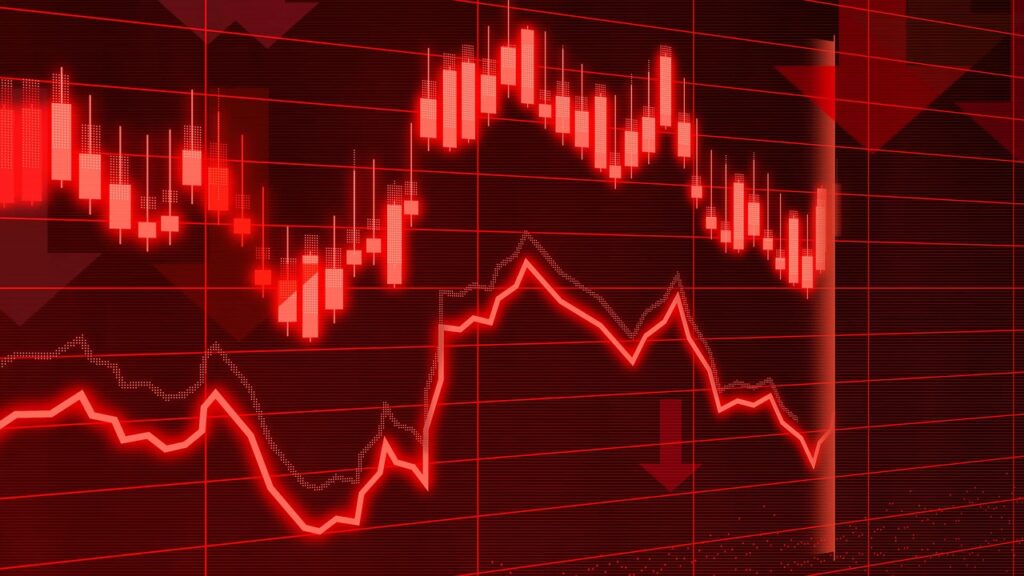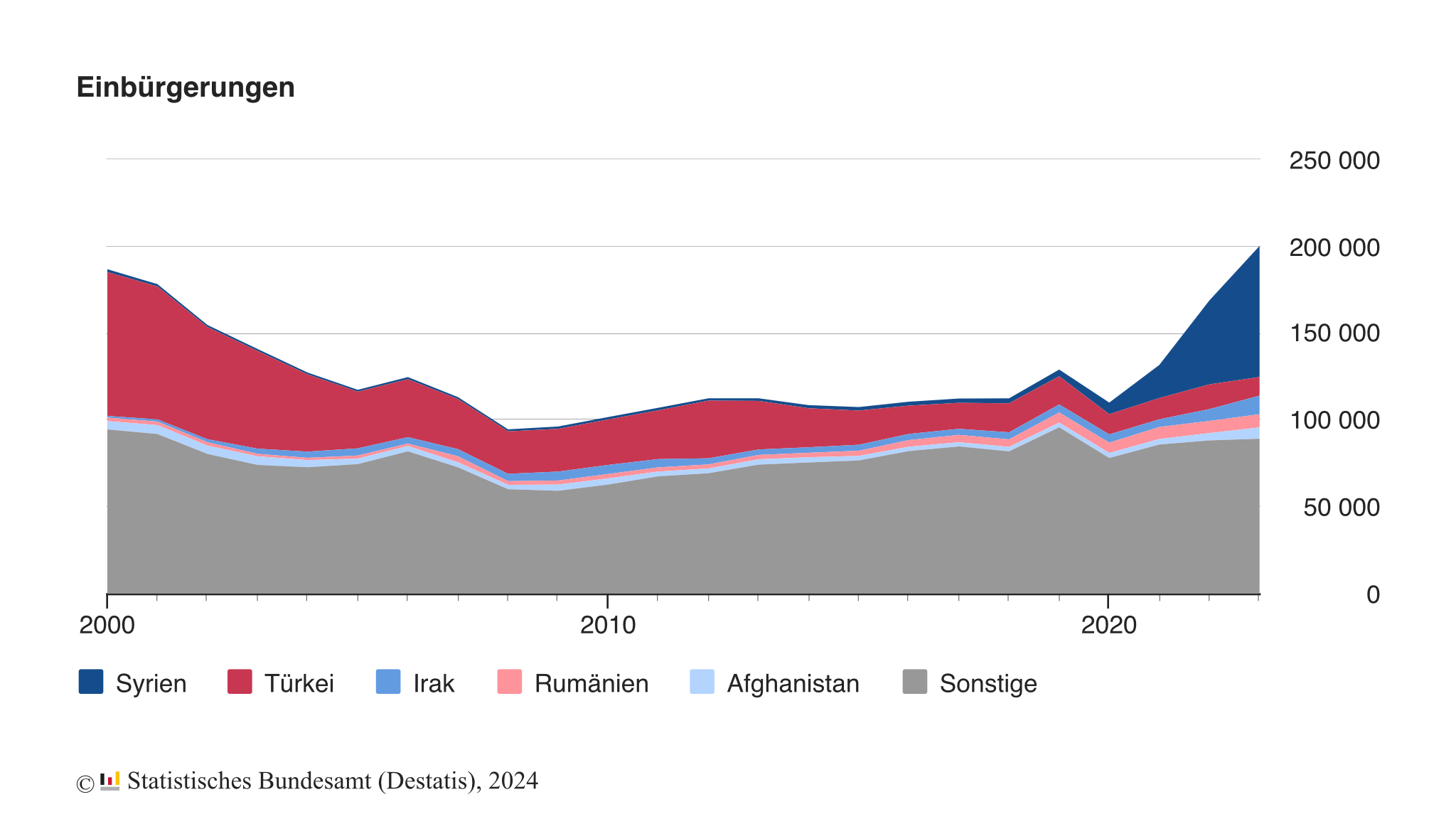
What is the Current State of Germany’s Economy?
Germany, Europe’s largest economy, is facing a tough year as it is expected to contract for the second consecutive year. Chancellor Olaf Scholz recently hosted an industry summit with business leaders and officials to address the nation’s economic woes. The summit aimed to find solutions to stalled growth and structural problems that have been plaguing the country.
Why is Germany’s Economy in Such Bad Shape?
Several factors contribute to Germany’s economic struggles. The country has not invested enough in infrastructure, leading to issues like delayed trains and collapsing bridges. There is also a significant lack of digitalization across administrations. Additionally, Germany has not fully mobilized the potential of skilled workers, both domestically and in terms of employing women. Rising energy prices have hit energy-intensive industries like chemicals hard, and the car industry is grappling with the transition to electric mobility and challenges in the Chinese market.
What Are the Key Challenges Facing Germany’s Economy?
Germany’s economy faces multiple challenges, including weak consumer spending, excessive bureaucracy, and a lack of investment in infrastructure and digitalization. The country also suffers from a shortage of skilled workers. These issues have created a long list of problems that the government needs to tackle to get the economy back on track.
How Are Businesses Responding to the Economic Crisis?
Businesses are feeling the pressure and are demanding action from the government. Industry leaders are calling for lower taxes, less stringent workers’ rights, and increased working hours. However, there is little political will to implement these changes. Investment in cutting-edge technology, such as AI and quantum computing, is also lacking, forcing some startups to seek capital in the US.
Is Political Disagreement Hindering Economic Recovery?
Political disagreements are indeed complicating efforts to revive the economy. The German government is divided on whether to spend or not to spend, with a constitutional debt brake limiting how much the country can borrow. This ideological rift is becoming more public, with key ministers holding separate meetings and presenting conflicting plans. The lack of cooperation among government leaders is a significant barrier to economic recovery.
Germany’s economic challenges are complex and multifaceted, requiring coordinated efforts from both the government and the private sector. Addressing infrastructure issues, investing in digitalization, and mobilizing skilled workers are crucial steps. Despite the current struggles, with the right strategies and cooperation, Germany can overcome these obstacles and return to growth.


